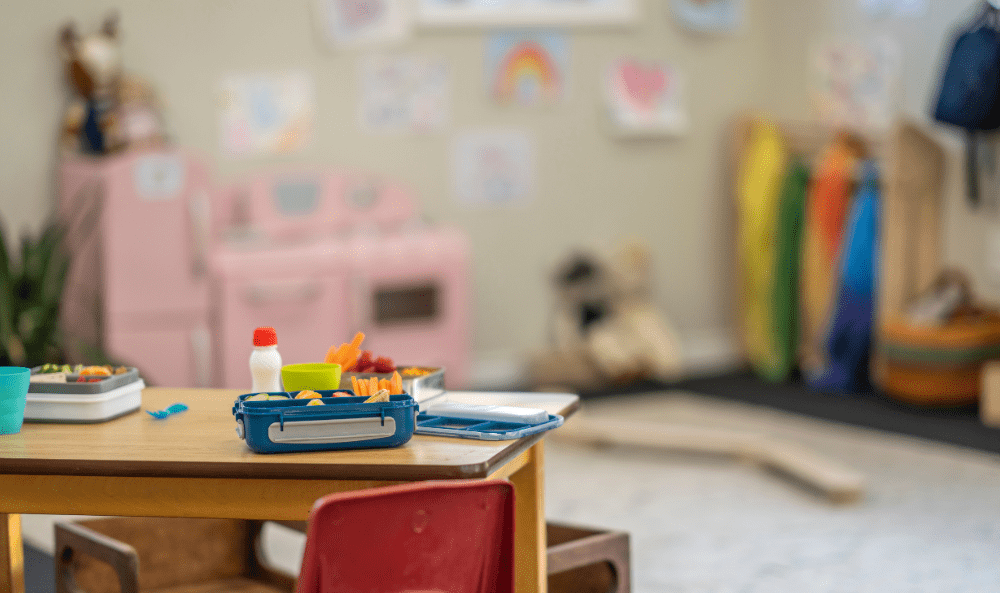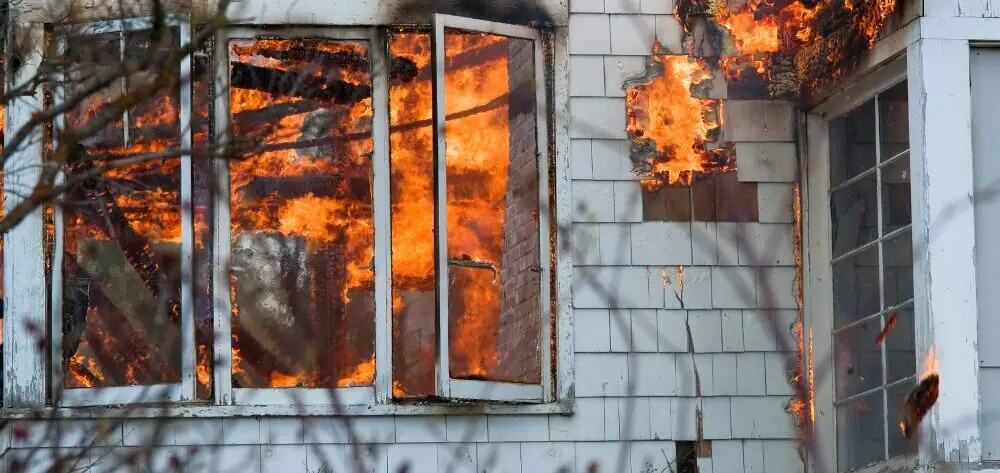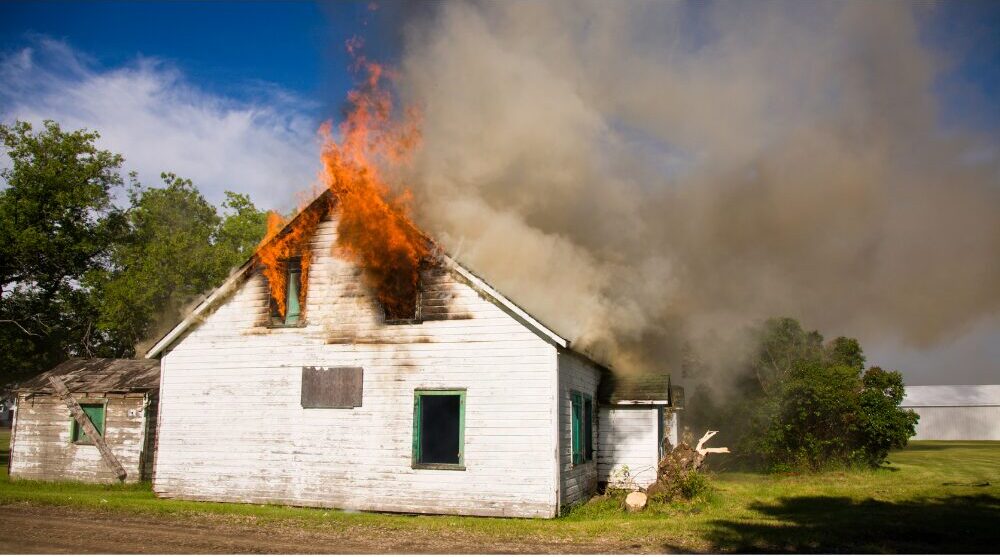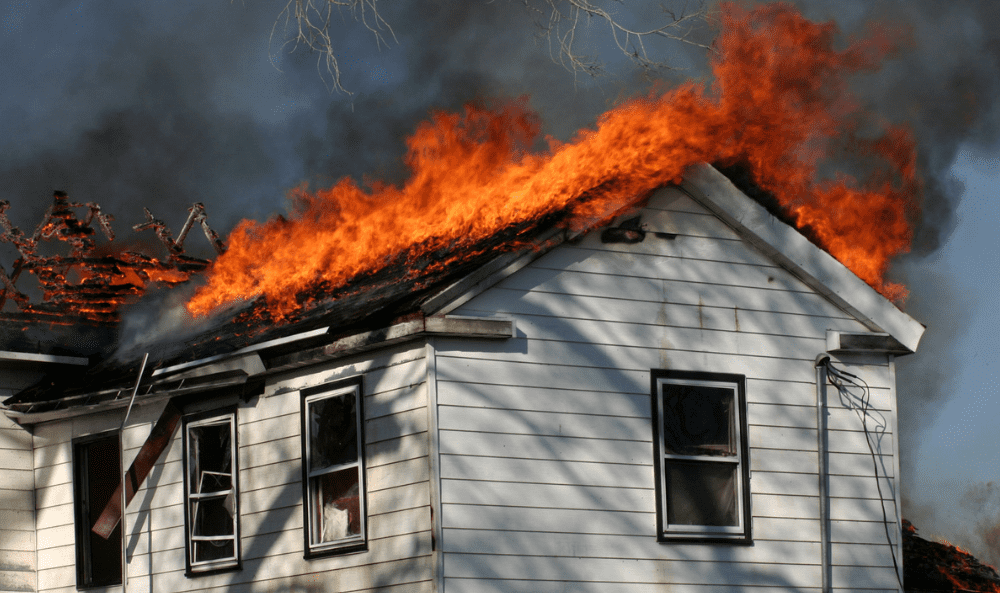
As parents or caretakers, we trust that preschools and daycares will provide a secure environment for our little ones to grow and learn. Yet, one aspect that may be overlooked during the selection process is whether these institutions adhere to state-mandated fire safety standards. Compliance with such regulations is essential in guaranteeing the safety of our little ones. In this blog post, we outline the fire safety regulations for early learning centers.
Fire Injuries
Early learning centers have detailed requirements for providing a safe environment for their employees and the children in their care. Failure to follow these crucial fire safety measures can lead to devastating fire and smoke injuries. Negligence resulting in a fire injury, or a child injured by fire or smoke, is inexcusable and exposes the facility to liability.
Fire Safety Regulations
According to WAC 110-300-0170, the following fire safety regulations must be followed by early learning centers.
- Combustible Material Management: Combustible materials should either be removed from the premises entirely or stored securely in closed metal containers.
- Heating Device Safety: Furnaces and other heating devices must be situated at least three feet away from any combustible materials and out of reach of children.
- Electrical Maintenance: Regular cleaning of electrical motors is essential to prevent the buildup of dust.
- Restrictions on Open Flames: With the exception of gas kitchen ranges, open flame devices like candles, matches, and lighters should not be used in areas accessible to children during operating hours.
- Prohibition of Indoor Portable Heaters and Generators: To prevent potential carbon monoxide poisoning and fire hazards, portable heaters and generators should not be used inside early learning program spaces during operating hours.
- Maintenance of Wood-Burning Heating Devices: Fireplaces, wood stoves, or similar wood-burning heating devices must undergo annual inspections by certified inspectors. Unless the provider submits to the department a written statement that the chimney, fireplace, wood stove or similar wood-burning device will not be used at any time.
- Installation of Fire Alarms and Detectors: Adequate fire safety measures include having at least one smoke detector per licensed sleeping area and one per floor, as well as carbon monoxide detectors installed and maintained.
- Backup Alarm Methods: A backup method to sound an alarm in case of emergency should be in place to ensure timely evacuation.
- Availability of Fire Extinguishers: Accessible fire extinguishers should be provided and regularly inspected to ensure they are functional in case of need.
- Providers must maintain working fire extinguishers (2A:10 BC rating):
- Located per state building code
- On each level within seventy-five feet of an exit
- If in a closet, it must be clearly marked with unobstructed access
- Routine Inspections: Monthly inspections should be conducted to identify and address any potential fire hazards promptly.
Contact an Experienced Personal Injury Attorney
By strictly adhering to these fire safety regulations, early learning centers can create a safe environment for children. However, in the unfortunate event of an incident, having a skilled legal team by your side becomes crucial. GLP Attorneys has extensive experience handling personal injury cases, including fire-related deaths and injuries. Our Fire Injuries practice is led by Janelle Carney Boston, who has been practicing in Washington State since 2008 and is the Managing Shareholder of our Spokane and Tri-Cities offices. Our lawyers are here to support you through your case and ensure that you are able to adequately heal.
If you have been involved in a fire-related accident, please contact our attorneys for a free consultation.


